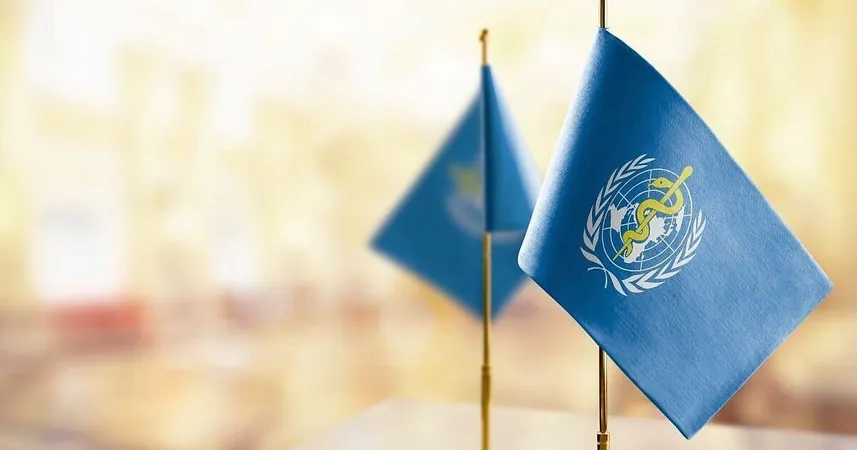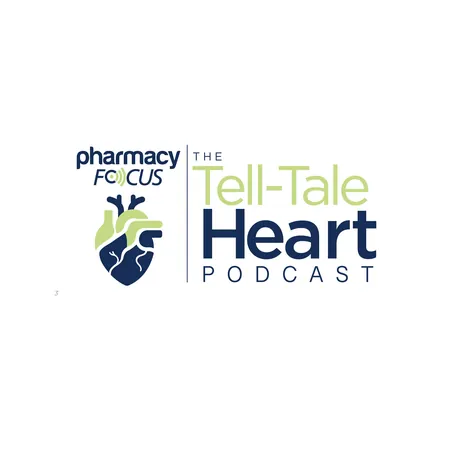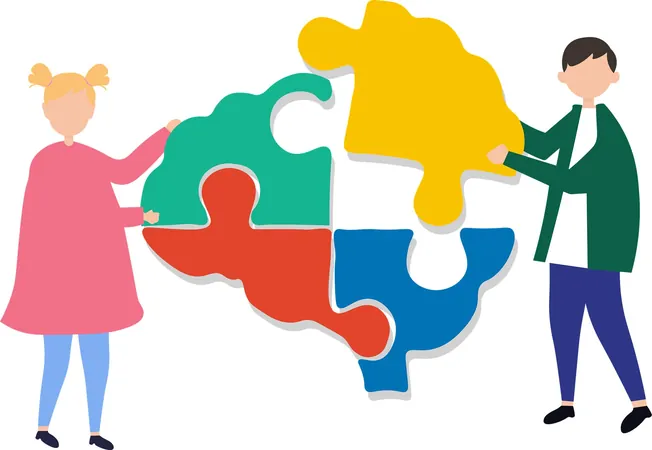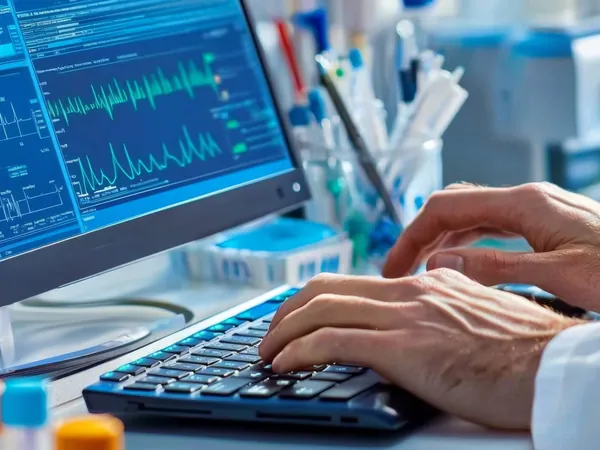
WHO Makes Groundbreaking Changes to Essential Medicines List with New Diabetes and Cancer Treatments
2025-09-09
Author: Rajesh
WHO's Essential Medicines List Gets a Major Update
On September 9, 2025, the World Health Organization (WHO) unveiled exciting updates to its Model List of Essential Medicines (EML) and Essential Medicines for Children (EMLc). This comprehensive update introduces cutting-edge treatments for various cancers, diabetes, and obesity-related conditions, promising to address urgent health needs across the globe.
Why This Update Matters to Millions
Highlighting medicines critical for public health, the EML and EMLc are relied upon by over 150 countries as foundational elements for public sector procurement, medicine supply chains, and healthcare reimbursement programs. This update is anticipated to have a profound impact on patient care worldwide.
New Additions Show Promise for Diabetes Patients
The WHO's Expert Committee meticulously reviewed 59 applications, resulting in the inclusion of 20 new medicines in the EML and 15 in the EMLc, along with new indications for existing treatments. Among the most notable additions are glucagon-like peptide-1 (GLP-1) receptor agonists, which have demonstrated significant benefits for those battling type 2 diabetes, especially for patients at risk of heart or kidney complications. These treatments not only enhance glucose control but also aid in weight loss and reduce mortality rates.
Introducing Remarkable GLP-1 Treatments
The newly added GLP-1 medications include semaglutide, dulaglutide, and liraglutide, as well as the dual receptor agonist tirzepatide. These groundbreaking treatments offer a multifaceted approach to managing diabetes effectively.
Cancer Care Improvements on the Horizon
In addition to diabetes treatments, the WHO reviewed a total of 25 applications for cancer medicines. The committee advocates for enhanced access to cutting-edge immunotherapies, particularly programmed cell death protein 1 (PD-1) and programmed death-ligand 1 (PD-L1) therapies. Pembrolizumab has been added to the EML for its effectiveness against several forms of metastatic cancer, while alternatives like atezolizumab and cemiplimab have been included for treating metastatic non-small cell lung cancer.
A Call for Equitable Access to Medicines
Deusdedit Mubangizi, WHO’s director of policy and standards for medicines, emphasized the critical importance of making essential medicines financially accessible to all. He stated, "A significant proportion of out-of-pocket expenses for noncommunicable diseases is spent on essential medications. Achieving equitable access necessitates a robust health system response paired with political commitment and inclusive healthcare programs."
The Future Looks Bright
This substantial update not only reflects the WHO's commitment to enhancing global health but also illustrates the progress being made in treatments for chronic conditions. With a focus on equity and accessibility, these changes could change lives around the world.




 Brasil (PT)
Brasil (PT)
 Canada (EN)
Canada (EN)
 Chile (ES)
Chile (ES)
 Česko (CS)
Česko (CS)
 대한민국 (KO)
대한민국 (KO)
 España (ES)
España (ES)
 France (FR)
France (FR)
 Hong Kong (EN)
Hong Kong (EN)
 Italia (IT)
Italia (IT)
 日本 (JA)
日本 (JA)
 Magyarország (HU)
Magyarország (HU)
 Norge (NO)
Norge (NO)
 Polska (PL)
Polska (PL)
 Schweiz (DE)
Schweiz (DE)
 Singapore (EN)
Singapore (EN)
 Sverige (SV)
Sverige (SV)
 Suomi (FI)
Suomi (FI)
 Türkiye (TR)
Türkiye (TR)
 الإمارات العربية المتحدة (AR)
الإمارات العربية المتحدة (AR)